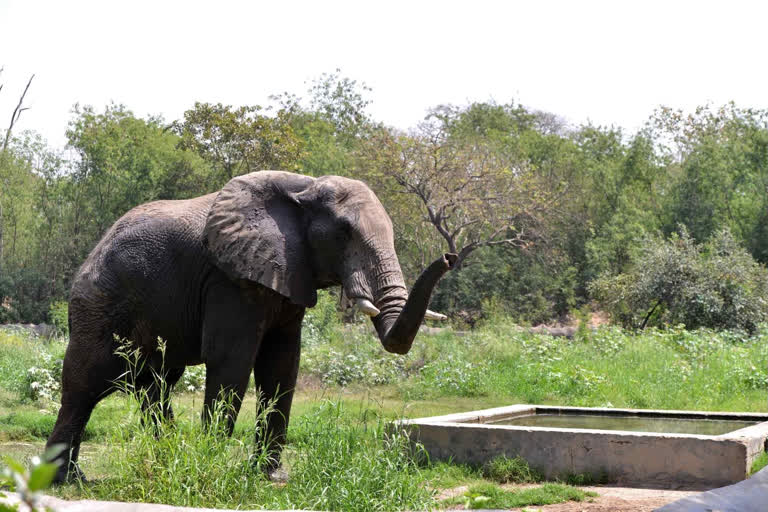New Delhi: Shocked over the alarming growth of man-elephant conflict, as many as 11 states in India are closely working with the Wildlife Trust of India (WTI) to protect 101 corridors for the pachyderm.
One of the biggest aftermaths of the expansion of agricultural lands into a forest is the increase in human-animal conflicts.
Initiated by the WTI, Right of Passage: The National Elephant Corridors Project covers Kerala, Karnataka, Tamil Nadu, Chhattisgarh, Jharkhand, Odisha, Assam, Meghalaya, West Bengal, Arunachal Pradesh and Uttarakhand.
"We have identified 101 elephant corridors in these states and working closely with the forest department of these states," said Upasana Ganguly, Head-WTI's wildland division.
The WTI has already shared a blueprint on protecting the corridors with the state forest department with an intention to include it in their management plan.
"In a survey done a few years back, we have found that the total number of corridors have reached to 108 but seven old corridors were also blocked. So, now, we have 101 elephant corridors across India and we need to protect the corridors," said Ganguly.
She said that rapid industrialisation was one of the major reason for which seven corridors have been blocked.
"Closure of the corridors is a major concern for us," added Ganguly.
"We are closely working with project elephant, railways, NHAI and local communities so that the corridors and habitat of the wild elephants could be saved," the WTI official said.
The elephants need a large area to roam. The home range of an elephant herd can vary from an average of about 250 sq km in Rajaji National Park to over 3500 sq km in the highly fragmented landscape of West Bengal.
On an average 400-450 people die in man-elephant conflicts every year where the elephant casualty touches up to 100.



